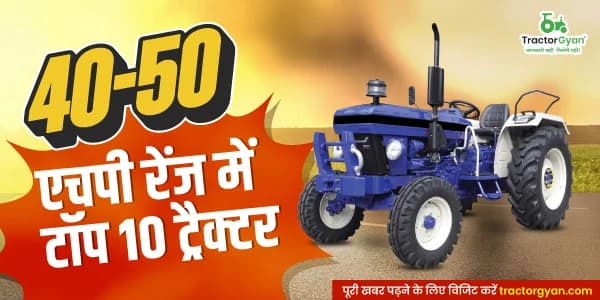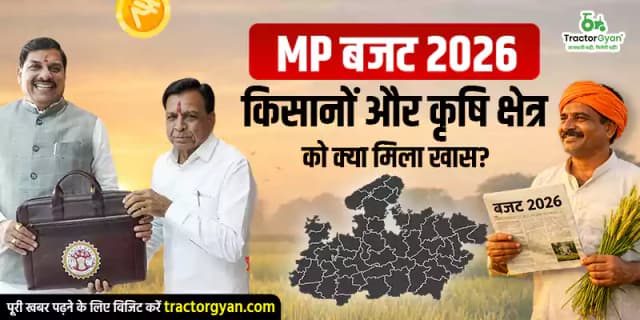Top 5 differences between Traditional farming and modern farming | Impact & Types
Table of Content
Farming is an integral part of the Indian economy. Over time, the Indian agricultural industry has gone through multiple technological advancements and improvements in every domain. This advancement divided the farmers into two groups. One group prefers traditional farming as it causes less harm to the ecosystem while another group advocates using the modern approaches of farming.
These choices are putting the farmers and consumers in a dilemma as they are stuck to choosing what over which?
If you’re also one such crossroad as a farmer then this blog is just the right resource to refer to as it is going to talk about. What traditional farming and modern farming, how these two approaches are different, what is the difference between traditional farming and modern farming, and which one you should prefer? We have included only expert-recommended information here. So, you will be able to make a wise choice by the end of the blog.
What is Traditional Farming?

The simplest traditional agriculture definition refers to a primitive way of farming that involves the use of labor-intensive, traditional knowledge, tools, natural resources, organic fertilizer, and old customs and cultural beliefs of the farmers.
It is characterized by a close relationship with nature, reliance on traditional knowledge, and limited use of modern technology and scientific advancements.
Traditional agriculture often involves small-scale farming, where farmers employ manual labor and simple tools to carry out tasks such as land preparation, planting, harvesting, and post-harvest handling. This type of agriculture is typically practiced in rural areas, where farming is an integral part of the local culture and livelihoods.
What is the Impact of Traditional Farming on the Environment?

As with the modern era, the name and significance of traditional farming are getting reduced but we have forgotten its impact on our environment. Traditional farming in India exploits nature in more than one way and knowing the negative impacts of this farming approach is important before reaching to any conclusion.
Below Mentioned are Some of the Most Evident Impacts of Traditional Farming:
1. Traditional farming practices deforestation

Deforestation is the process of cutting down trees for agricultural and productive activities. It is the process of removing a forest or a stand of trees from a piece of land to convert it into farms, pastures, or urban usage. Tropical rainforests have the highest concentration of deforestation.
Slash and burn agriculture, commonly known as shifting cultivation, is a type of primitive subsistence agriculture. Crops are planted at predetermined intervals, frequently in between other plants, so that the crop can be staggered to provide sustenance throughout the year.
2. Depletion of the nutrient content of the soil

Slash-and-burn farming depletes the organic matter in the soil and increases the nutrient content of the soil taken up by the crops in a short period. As a result, the farmers are forced to relocate their farming operations to a new location.
3. No crop diversity
Traditional farming methods often focus on cultivating one type of crop for a long time. Hence, it has limited crop varieties that lead to a lack of biodiversity. This way, there will be a huge scarcity of one kind of nutrient in the soil.
Impact of Traditional Farming on Crop Productivity
Traditional farming involves natural methods and less use of technology. Consequently, it results in diminished crop yields. While it advocates for sustainability, the absence of modern techniques and fertilizers may lower crop productivity.
Different Traditional Methods of Farming
1. Agroforestry: Agroforestry blends agricultural and forestry themes. The idea behind this strategy is to grow trees that can give acceptable climatic conditions for the crops in their area. It controls the temperature, the amount of sunlight, and the wind. We profit from this method on our Cow Farm in Chennai since it prevents soil erosion and improves soil quality. This strategy provides a favorable microclimate for the crops, allowing them to produce more.
2. Crop rotation: Crop rotation is practiced for planting a variety of crops on the same land at different times of the year. This type of traditional farming boosts the land's output. Without the use of herbicides or pesticides, we may increase our production.
3. Mixed Cropping: In such circumstances, mixed cropping is used. On farms, two or more crops are planted together. Row cropping, in which a single crop is cultivated in each row on the farm, is also an option for farmers.
What is Modern Farming?

Next, in this guide on traditional farming vs modern farming, we learn about the definition of modern farming. Modern farming, also known as modern agriculture or industrial agriculture, refers to the application of advanced technologies, scientific knowledge, and mechanized methods to maximize agricultural productivity and efficiency. It involves the use of modern machinery, improved crop varieties, synthetic fertilizers, pesticides, and precision farming techniques to optimize resource utilization and increase yields.
Modern farming practices aim to meet the growing demand for food, fiber, and other agricultural products by maximizing production while minimizing costs and environmental impact. It demands a lot of money, manpower, and a lot of farm equipment like threshers, winnowing machines, and harvesters, as well as a lot of technology like selective breeding, insecticides, chemical fertilizers, and pesticides.
The Impact of Modern Farming on The Environment

1. Modern farming leads to soil erosion

Soil erosion is the removal of the top fertile layer of the soil. Modern farming leads to soil erosion as repeated deep plowing is used to turn over the ground, and heavy rains can carry the top fertile soils leaving the ground unfit for cultivation.
2. Modern farming evokes the production of fuels

Modern methods of farming use chemical fertilizers for the yields to grow which on the other hand leads to a rise in fuels that cause greater damage to the environment.
3. Animals' lives are at stake
All animals are packed together indoors on most "modern" farms. Feeding them necessitates complex machines, while disease prevention necessitates constant treatment. The cruelty involved in today's farm animal management, breeding, growing, and murdering is utterly ugly and horrible.
Impact of Modern Farming on Crop Productivity
Modern farming uses advanced technology, chemical fertilizers, and modern irrigation systems. All these significantly increase crop production. It helps in the mass production of crops. Also, crops can be saved from harmful insects that can destroy crops.
Modern Farming Methods in India
Let’s learn about 3 modern farming methods of agriculture that farmers in India adopt.
1. Aeroponics: Aeroponics is a method of growing plants without the use of soil in an air or mist environment. It is a subtype of hydroponics that works by suspending the plant root in the air. Farmers will have more control over the amount of water they consume if they utilize this strategy.
2. Hydroponics: The hydroponics method of modern farming uses less soil and does not require any form of soil. The process requires growing healthy plants without the use of solid media, employing nutrients such as a mineral-rich water solution. Hydroponic farming is a subset of hydroculture, and the nutrients employed in these systems come from a variety of places.
3. Monoculture: This approach requires the cultivation of a single crop in a specified farming region. In a country like India, however, the Monoculture farming approach isn't extensively used. Monoculture refers to indoor farming, such as the cultivation of therapeutic plants. Monoculture is one of the modern farming methods, in which only one crop or plant is produced.
Top 5 major differences between Traditional and Modern Farming
|
Traditional Farming |
Modern Farming |
|
Traditional farming is mainly based on labor-intensive. |
Modern farming is entirely based on capital intensive. |
|
Crop rotation, agroforestry, slash, and burn cultivation are some of the techniques which are practiced under traditional farming |
Monocropping and precision agriculture are some of the techniques practiced in modern farming. |
|
The traditional method of farming is environment friendly as natural manure is used as fertilizers |
Modern methods of farming are not environment friendly as chemical fertilizers and pesticides are used. |
|
Traditional farming takes a longer duration for a crop to yield as a result the rate of production is low |
Modern farming is a fast method of farming as it yields the crop at a faster duration, as a result, the rate of production is high. |
|
Under traditional farming, high inputs are required |
Under modern farming, low inputs are required. |
Category
Read More Blogs
What is contract farming?
Contract farming is defined as agricultural production carried out under the terms of an agreement between a buyer and a farmer, with pre-determined production and marketing parameters for farm products. Contract farming, in simple terms,...
The agriculture sector plays a crucial role in the Indian economy, where around 60 per cent of the population relies on agriculture and its allied sectors. Agriculture provides a source of livelihood and also fills the needs of both animals and humans...
India is home to one of the world’s most diverse agricultural landscapes, providing livelihoods to nearly two-thirds of its population. With advancements in technology, improved irrigation, and evolving farm practices, Indian agriculture today stands as the second-largest producer globally. From subsistence farming...
Write Your Comment About Top 5 differences between Traditional farming and modern farming | Impact & Types
.webp&w=1920&q=75)
Top searching blogs about Tractors and Agriculture
07 Jan 2026
18 Dec 2025
29 Jul 2025
08 Sep 2025
03 Jul 2025
30 Jul 2025
30 Jul 2025
30 Jul 2025
29 Jul 2025
30 Jul 2025
09 Feb 2026
31 Jul 2025
18 Dec 2025
26 Dec 2025






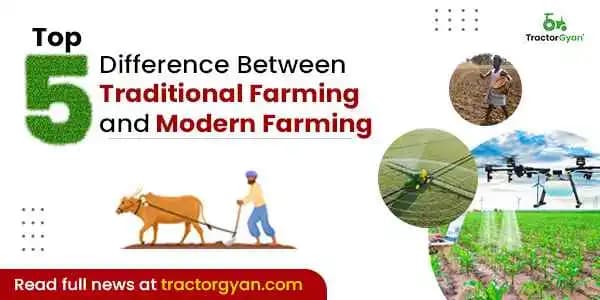
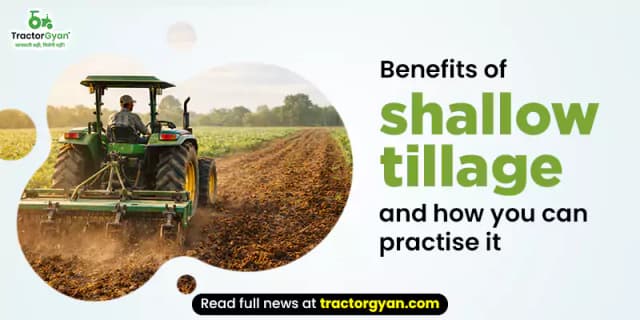
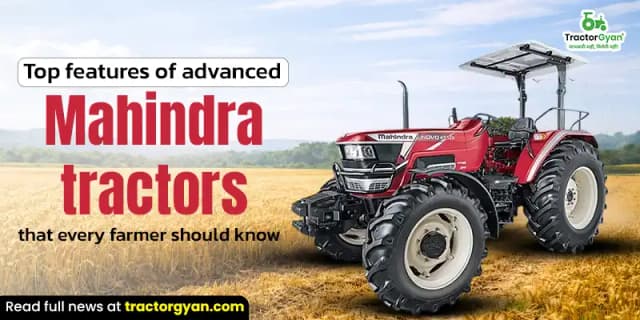
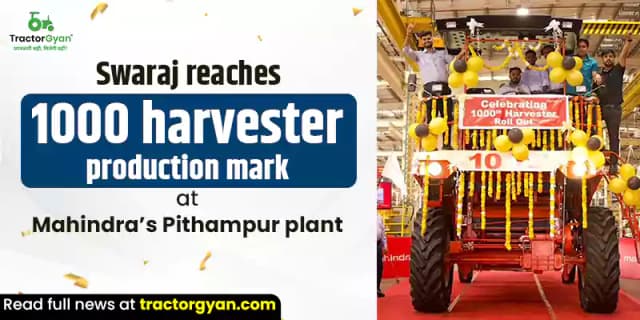


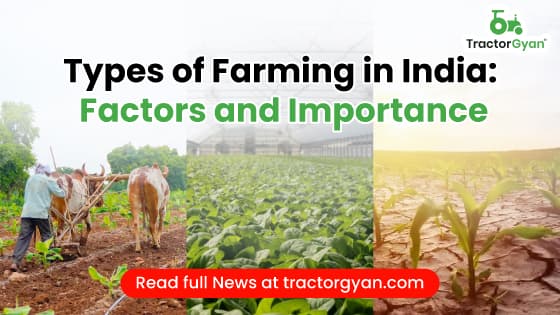
.webp&w=2048&q=75)
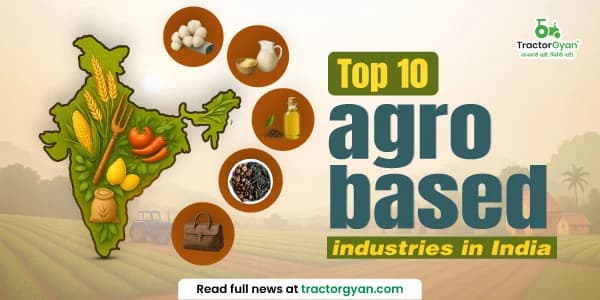
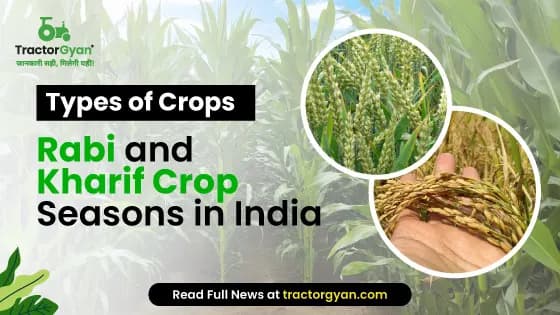
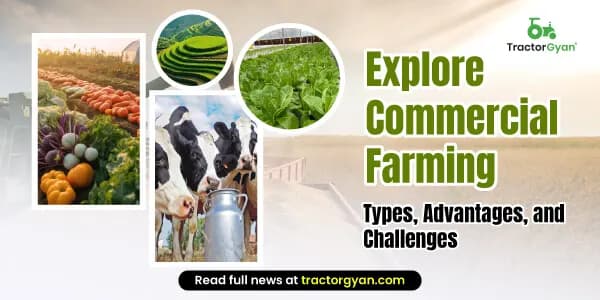
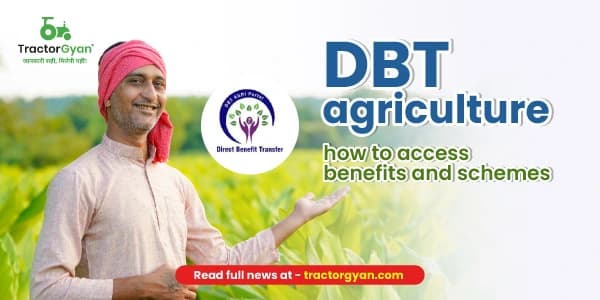
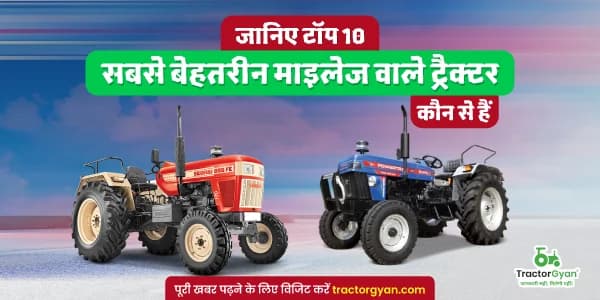
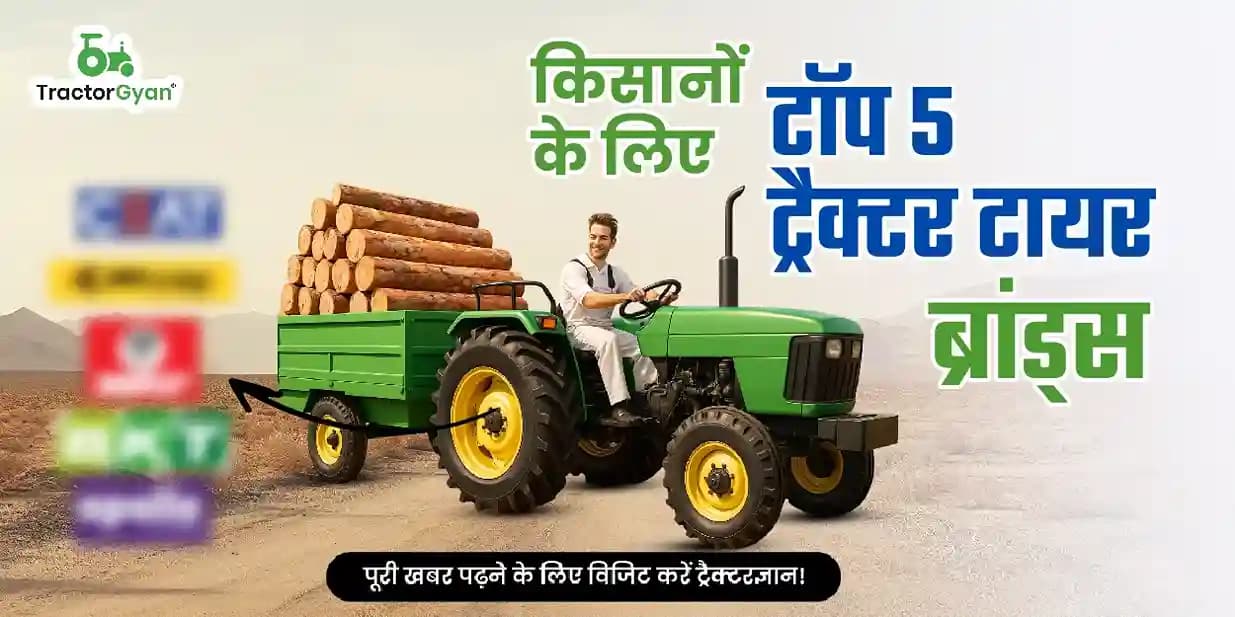

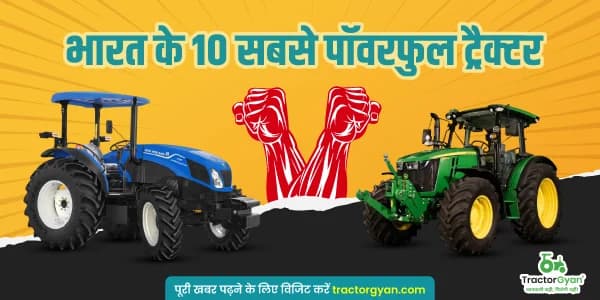
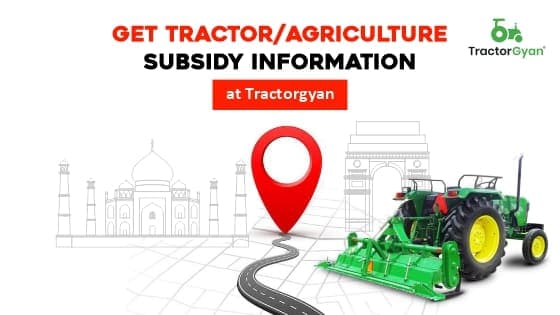
.webp&w=2048&q=75)
.webp&w=2048&q=75)
